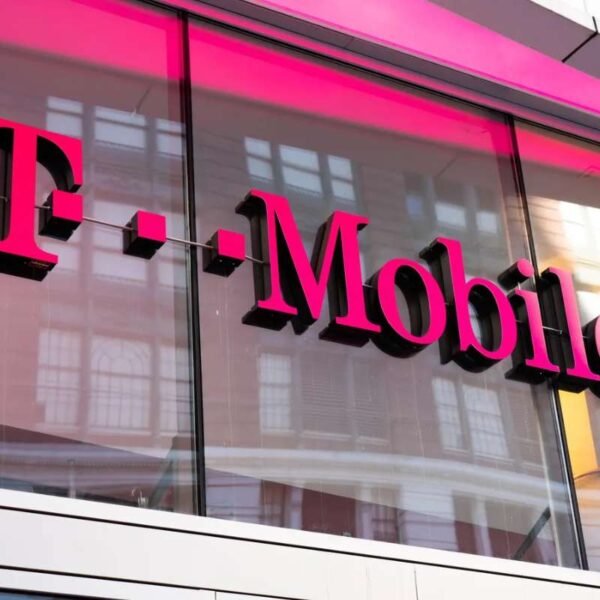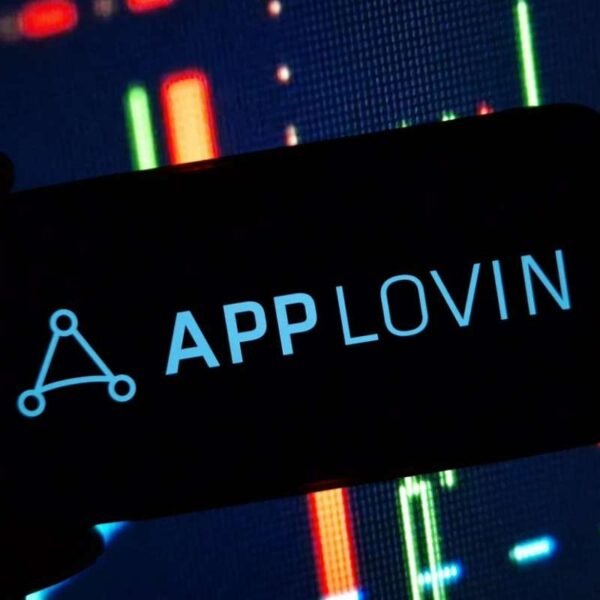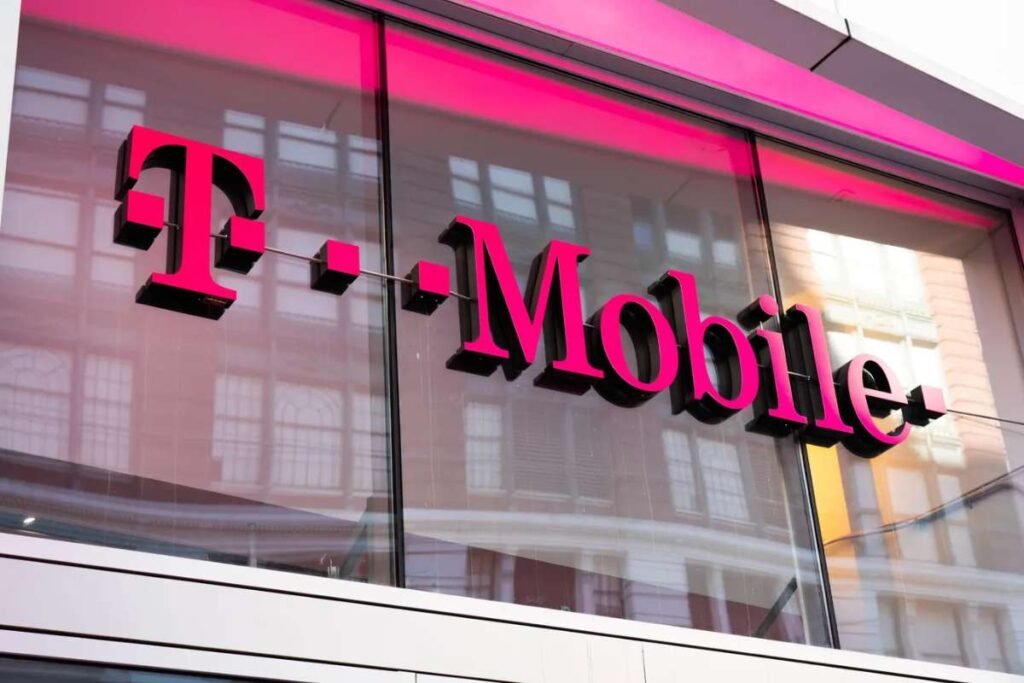source-KRDO
In a radical departure from the traditional workweek, Bill Gates, the co-founder of Microsoft and a leading visionary in technology, has sparked anticipation for a future where artificial intelligence (AI) could enable a three-day work schedule. Bill Gates, known for his innovative outlook, foresees a world where machines assume the bulk of labor, freeing humans from extensive work commitments.
AI for Productivity
During a recent appearance on Trevor Noah’s “What Now?” podcast, Gates expressed excitement about the profound productivity gains facilitated by AI. He highlighted AI’s role in alleviating repetitive tasks and liberating individuals from mundane work. Contrary to the prevalent view of enhancing workforce output, Gates advocates for a reduction in human effort, proposing a scenario where a three-day workweek becomes the norm.
Bill Gates envisions a transformative societal shift where decreased work hours pave the way for substantial benefits. He emphasizes the potential to redirect human labor towards meaningful endeavors such as improved care for the elderly and smaller class sizes, tapping into the unmet demand for positive contributions to society.
Embracing a more philosophical stance on the essence of work, Bill Gates contends that life’s purpose transcends mere job functions. He argues that as AI continues to liberate human labor, individuals will be faced with an abundance of leisure time, prompting a need to contemplate meaningful pursuits beyond work.
Bill Gates Shocking Predictions For The Future
What do other tech leaders think?
Bill Gates isn’t alone in his forecast. Other tech leaders, including JPMorgan’s CEO Jamie Dimon and Elon Musk, share a similar perspective, predicting a future where AI minimizes the necessity for extensive human labor. Dimon envisions a 3.5-day workweek, while Musk foresees a world where AI renders work optional, paving the way for a universal basic income.
However, conflicting opinions persist among leaders regarding AI’s impact on employment. While some, like IBM’s CEO Arvind Krishna, anticipate a shift toward automating repetitive tasks, they argue against the misconception that increased productivity inevitably translates to job displacement. Krishna cites the example of the internet’s advent, which created unforeseen job opportunities, emphasizing the potential for AI to do the same.
Nevertheless, not all leaders share this optimism. Some, like Suumit Shah, CEO of Duukan, have actively replaced a significant portion of their workforce with AI technology, citing improved efficiency as a primary motivator.
Shorter Work Weeks
In parallel to these discussions, a trend toward shorter workweeks has already emerged. High-profile figures like Simon Cowell and major corporations like Samsung have embraced reduced work hours, citing increased productivity and employee satisfaction. Countries like Iceland and Japan have even experimented with and adopted policies advocating for shorter workweeks.
Bill Gates’ vision for a three-day workweek propelled by AI innovation presents a paradigm shift in the traditional understanding of work and productivity. As technological advancements continue to redefine labor dynamics, the debate on AI’s role in reshaping the future of work remains at the forefront of discussions among global leaders and industries.










